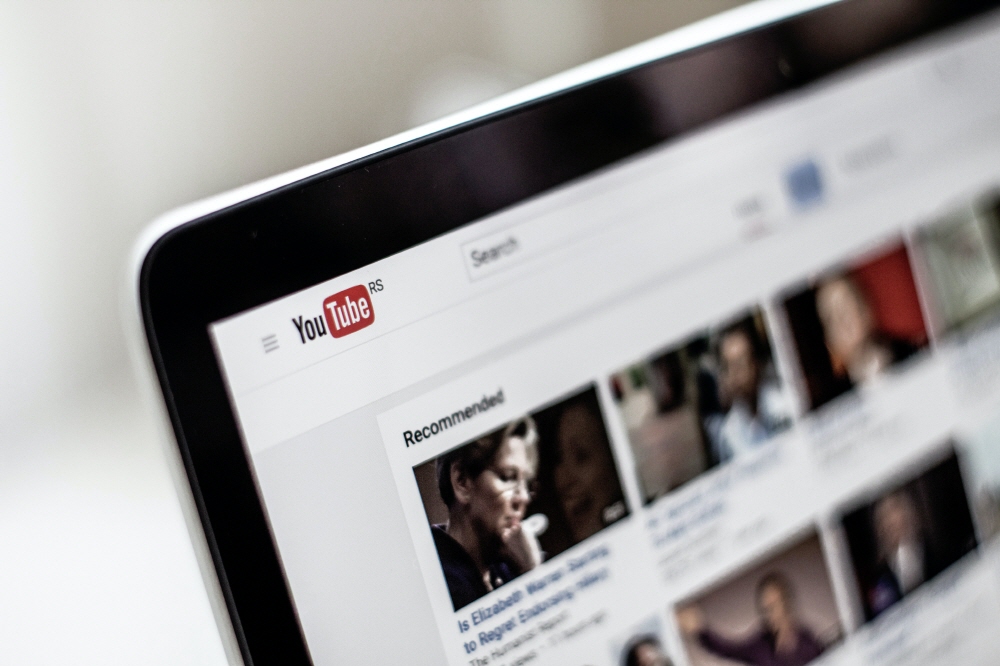
In the 2020 U.S. presidential election, Democratic candidate Joe Biden clashed with incumbent president and Republican candidate Donald Trump, and Biden won. Initially, the Trump camp claimed that the Democratic Party was infidelity, but as of November 24, 2020, President Trump did not declare defeat, but tweeted acknowledging the post-government of Biden. However, many of the supporters still claim to win President Trump on YouTube. YouTube has announced that it will ban such video postings.
YouTube announced on December 9 (local time) that it would remove content from those who claim that the misinterpretation of widespread misconduct changed the outcome of the 2020 U.S. presidential election. YouTube has so far allowed the posting of content that mentions the results of the elections and the controversy over the process. However, as most of Trump’s camp’s legal challenges were dismissed in the Supreme Court, YouTube said there was no longer any controversy over the election legitimacy of Biden’s victory, and that the policy began to be implemented and that more content would be removed in the coming weeks.
However, discussions about the presidential election on YouTube are not completely banned. YouTube can discuss content that is banned from videos about education, documentaries, science and art. To fall under this exception, he explains, it is necessary to make it clear to viewers that the author’s purpose is not to advertise or support content that violates our policy.

Each platform is taking a different approach to the allegations of corruption in the 2020 U.S. presidential election. Twitter, for example, allows President Trump to tweet allegedly accused of corruption, but label each tweet and state a pending application. Facebook is also taking a similar approach to Twitter, so if you dispute the election results and post content on Facebook, Facebook can add informational notifications to users indicating official election results.
At the same time, Google announced that it would lift the restrictions on political advertising, which had been banned in line with the 2020 U.S. presidential election, and that it will be possible to ship election advertisements as before from December 10, 2020. Related information can be found here .

